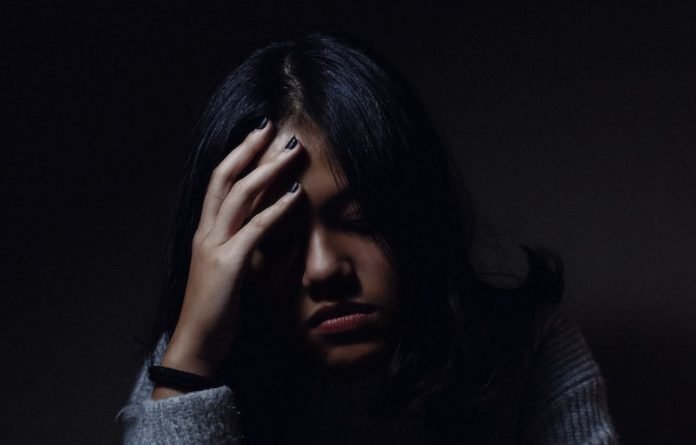
Many of us have been kept awake at night by the memory of some mortifying moment. But why? We asked sleep expert Eus van Someren.
There is some evidence for this phenomenon of nocturnal cringe, but with a caveat, as van Someren explains:
“We found that if you induce embarrassment in good sleepers, brain scans monitoring the limbic circuit indicate that the embarrassment is less acute in the morning than the evening before.”
In an ingenious experiment to measure this, van Someren recorded volunteers singing slowly, karaoke style, to songs such as Silent Night. Crucially, they couldn’t hear their own voice in their headphones.
Their recordings were then played back to them, in all their imperfect glory. To determine embarrassment levels, physiological responses, such as blushing, were measured and participants completed questionnaires.
What’s the link between sleep and emotional well-being?
One of the facts driving van Someren’s previous project, INSOMNIA, was the finding that the odds of developing depression are doubled among poor sleepers.
It follows that a better understanding of sleep, and its disorders, could lead to interventions that improve overall mental health.
In one long-term follow-up study, van Someren found that if left untreated 43% of insomniacs developed depression, with only 16% after intervention.
“Not only is good sleep is beneficial, but restless sleep can actually be maladaptive, meaning the brain can become even more sensitized to negative emotional states,” says van Someren.
Restless sleep is where the sleeper can’t settle into any of the distinctive sleep states as they keep reverting to wakefulness or other sleep states.
While the different sleep states activate and deactivate different parts of the brain, one of the most consequential seems to be rapid eye movement, or REM.
“This state especially helps the brain decouple memories of facts from their emotional impact,” van Someren adds.
It is thought this happens because during REM sleep, the brain’s locus coeruleus stops releasing noradrenaline, a neurotransmitter associated with stress.
Noradrenaline communicates with the brain’s amygdala which puts the body on high alert.
Stopping this chemical cascade breaks the association between memories and emotional responses. Restless sleepers lose the benefit of this respite, as seen in PTSD.
“Good sleepers tend not to get PTSD,” van Someren notes.
The risk of developing insomnia seems in part genetic but increases with early life adversity. Variants in multiple genes have been linked to insomnia, with these correlating to variants associated with depression and anxiety.
What is the science of a good night’s sleep?
While we have all heard good sleep advice—such as avoiding screens close to bedtime—van Someren’s answer is perhaps surprising.
“We don’t have a solution for restless sleep, so we focus more on limiting damage, using cognitive behavioral therapy for insomnia.”
Some research shows that when experiencing poor sleep, the overall amount of time someone sleeps should be curtailed.
This helps train the body to fit sleep phases into the optimum 7- or 8-hour window, while also limiting the damage of prolonging restless sleep.
While the importance of sleep to health and well-being is well-trumpeted, van Someren points out just how much more there is to learn.
“About 95% of articles on sleep, memory and learning look at impact on facts and skills, not emotions or physiological distress, but they are all interconnected,” he says.
Click here to find out more about van Someren’s research: By easing insomnia, emotional support apps also prevent depression.
So if you find yourself lying awake in bed thinking about that embarrassing thing you did, try to remember that you’ll feel better about it in the morning.



